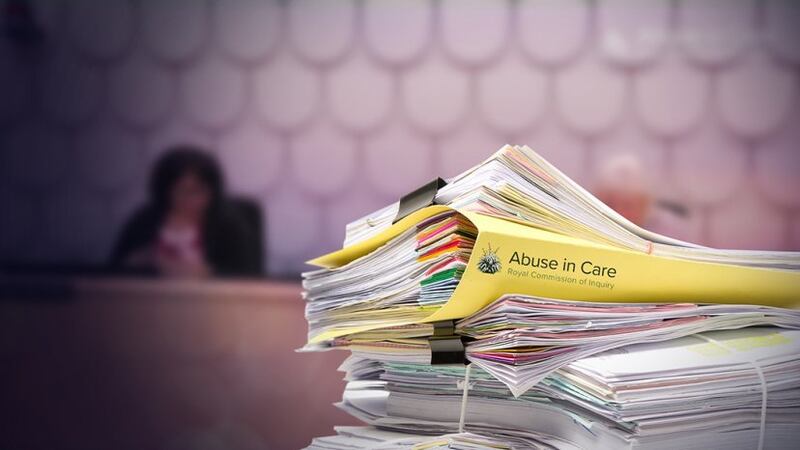From the age of 19 until he was 42 (1973–1996) Sidney Frank Neilson (Ngāpuhi, Ngāti Porou) was locked up at Porirua Hospital under the Mental Health Act.
He experienced extensive ECT, over-medicalisation, physical abuse, neglect, and racism, he told the Abuse in Care royal commission inquiry today.
For most of his time at Porirua, there were no kaupapa Māori mental health services, which impeded his recovery.
He described his days there: "Used to wake me up in the morning in bed and put my PHs on, put me into a single room and we used to have a cup of tea. Would be about four or five of us and we'd walk out and go sleep on the beds. The doctors would come round in bed and give me treatment, shock treatment.
"I died four times, five times, or was trying to fight it, you know. I did fight it, yeah. it was horrible, it was hell."
Hidden away
The commission was reminded that many disabled people and people who experienced mental distress were put into institutions run by government or religious organisations in the past. It separated people from their community, culture, language, identity and whakapapa.
Parents were made to feel that this was the right thing to do for their children. The model of disability of the time thought disabled people required "‘fixing"’ or hiding away. Some children were placed in care settings and remained there for many years, even decades.
According to his cousin, Mikaere Whanga, there needs to be a mental health programme for Māori by Māori.
Neilson's younger sister, Cherene Neilson agrees: "I think the way forward for it would be to provide services that would be Maori for Maori, both in the way in which it’s provided, the system, and also I think the way in which we work with each other... so I think there needs to be a whole reboot of the systems, the people who are working in those systems, the way in which we provide those services.”
The commission will continue its hearing until July 20. So far it has had evidence from 1859 people over 104 days.

